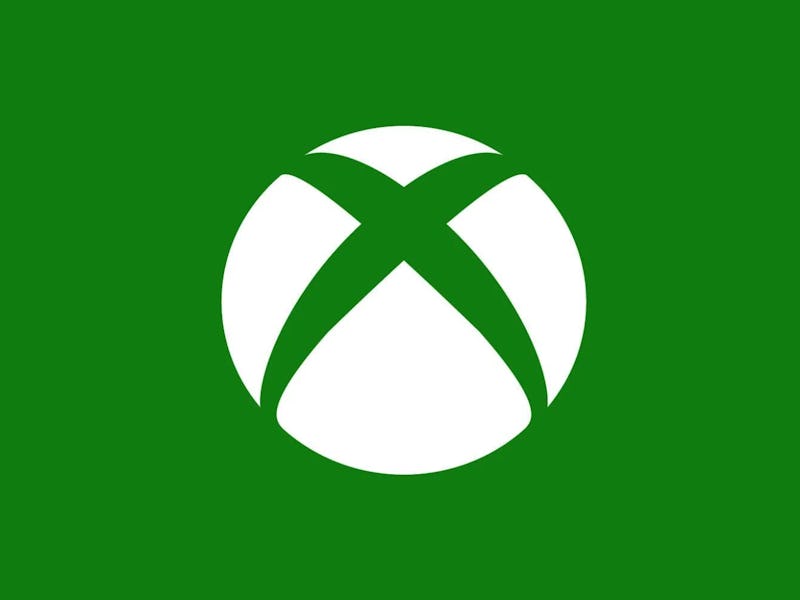Xbox’s Success Means Little To Actual Xbox Owners
500 million monthly players don’t mean a whole lot to players burned by a lack of support.

The latest Microsoft financial earnings call painted yet another grim picture of Xbox hardware sales, a reflection of the brand’s (and industry’s) slump this generation. And despite a boost in software sales and interest in the many IPs it acquired over the last decade, it doesn’t undo the dissatisfaction of those in the Xbox ecosystem via an actual Xbox.
During Tuesday’s call with investors, Microsoft CEO Satya Nadella outlined this quarter’s continued decline in Xbox sales. Console purchases were down 42 percent over the last three months, an even sharper decline than the previous quarter’s 31 percent reported in April. The company said that it expects those sales to continue to decline, despite having multiple new redesigns of the Series consoles set for release this fall.
But it wasn’t all bad. Overall gaming revenue was up 44 percent, with a 61 percent increase in services and software sales. Both of these figures were ahead of expectations, according to the company, resulting from the Activision Blizzard acquisition. But even the software numbers contained a few caveats. The company said third-party content on the platform underperformed compared to expectations last quarter.
Activision Blizzard played a major part in Xbox’s increase in overall gaming revenue last quarter.
The declining hardware sales didn’t seem to bug Microsoft leadership, which reiterated its focus on its services like Game Pass and expanding beyond console and into other ways of playing games.
“Our investment in gaming fundamentally was to have, I would say, the right portfolio of both what we love about gaming and always have loved about gaming,” Nadella said. “Which is Xbox, and the content for the console, and expand from there so that we have content for everywhere people play games, starting with the PC.”
Nadella added that the Activision Blizzard acquisition helps with that mission, helping them make their way into mobile as well as further strides into the PC market. He also mentioned cloud gaming as a major focus moving forward. To draw out the potential for success across Microsoft’s new focus, he mentioned Fallout games on Game Pass saw a 500% bump to player count following the debut of its TV adaptation last April.
Lastly, the CEO mentioned that Microsoft’s gaming division now has 500 million monthly active users across devices and platforms, a major milestone for the company.
Microsoft boasts there are over 500 million players in the Xbox ecosystem. With strides made in PC, mobile, cloud, and even other non-Microsoft consoles, this impressive figure likely has little to do with Xbox hardware.
While there’s no denying that 500 million players is a big deal, there’s something to be said about how Microsoft arrived at this number. It’s an impressive figure likely propped up by the availability of Xbox games on PlayStation, Nintendo Switch, PC, mobile, and even cloud. It’s a reassuring statistic for shareholders on the fence about Microsoft’s pivot to software and services. But does this really mean anything for the core player in this ecosystem via the Xbox?
For the core Game Pass faithful on Xbox who’ve contributed to the service’s big wins over the last year, the return on investment hasn’t been the greatest. These customers still faced a price increase earlier this month. What was once the “best deal in gaming” is now a lot less sweet. The absence of day-one access to first-party exclusives is a major L for those not willing to upgrade to the most expensive tier, especially with so many promising-looking titles on the horizon.
And even with the increased software sales, none of this is particularly reassuring to those who bought into this ecosystem via an Xbox expecting a console experience equitable to that on competing platforms. Publishers of all sizes, from Square Enix and Capcom to Falcom and Big Mode, are still skipping Microsoft’s console, making it a less desirable platform for those interested in more niche offerings.
Games like the upcoming Marvel vs. Capcom Fighting Collection: Arcade Classics, is skipping the Xbox entirely. This is likely due to the console’s poor sales.
These are actual concerns for players who bought an Xbox, not how many people are logging into the service. The mention of 500 million active users isn’t the first time Xbox spun its evolving business model into immediate success. After Xbox converted Xbox Live Gold subscribers to Game Pass Core, it announced boosted Game Pass numbers a few months later, despite the figure being comprised of those who don’t get to enjoy the full benefits of the service.
Turning to PC, Microsoft making a dent in the market isn’t impossible, but it's certainly an uphill battle. Despite PC Game Pass remaining the best deal of the service’s many tiers (retaining both its original price and access to first-party exclusives for just $10), it’s still up against popular competitors like Steam, Epic, and GOG. And even if they gain a substantial foothold following the release of Black Ops 6 and Perfect Dark, this doesn’t benefit the Xbox owner. This doesn’t convince frugal developers that supporting the third-place platform on the market is worth their limited time and resources.
Every quarter that goes by, Xbox players feel increasingly like an afterthought in Microsoft’s ambitious plans for the gaming market. Microsoft will undoubtedly continue to support its consoles with first-party exclusives. But if the company keeps evaluating success by how they’re doing beyond their own hardware, it may be tough to convince Xbox owners that they made the right call picking up a Series X or S. Or worse, convincing them that its inevitable successor is worth the asking price.